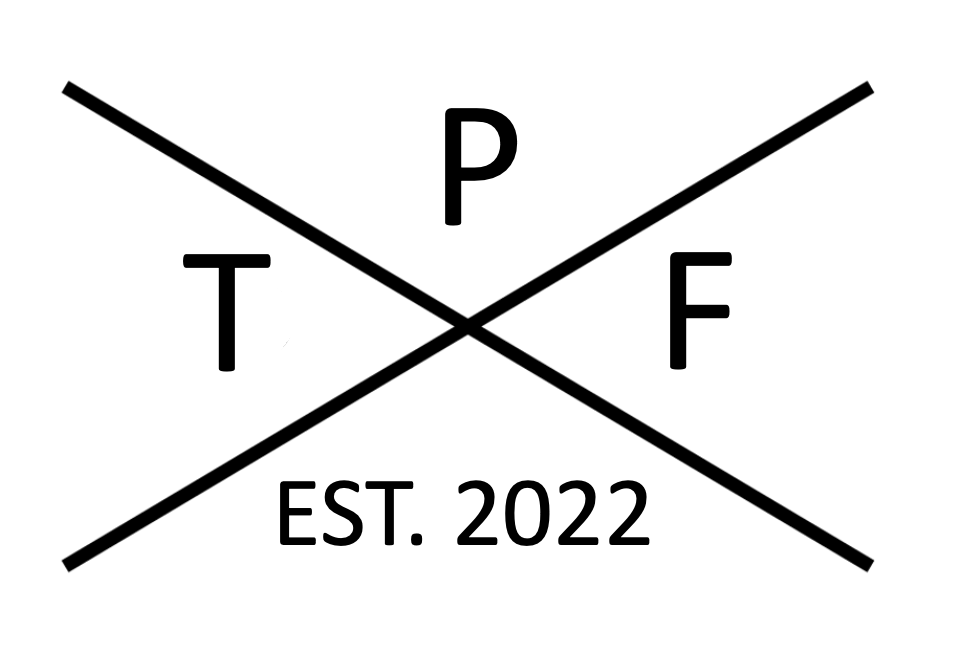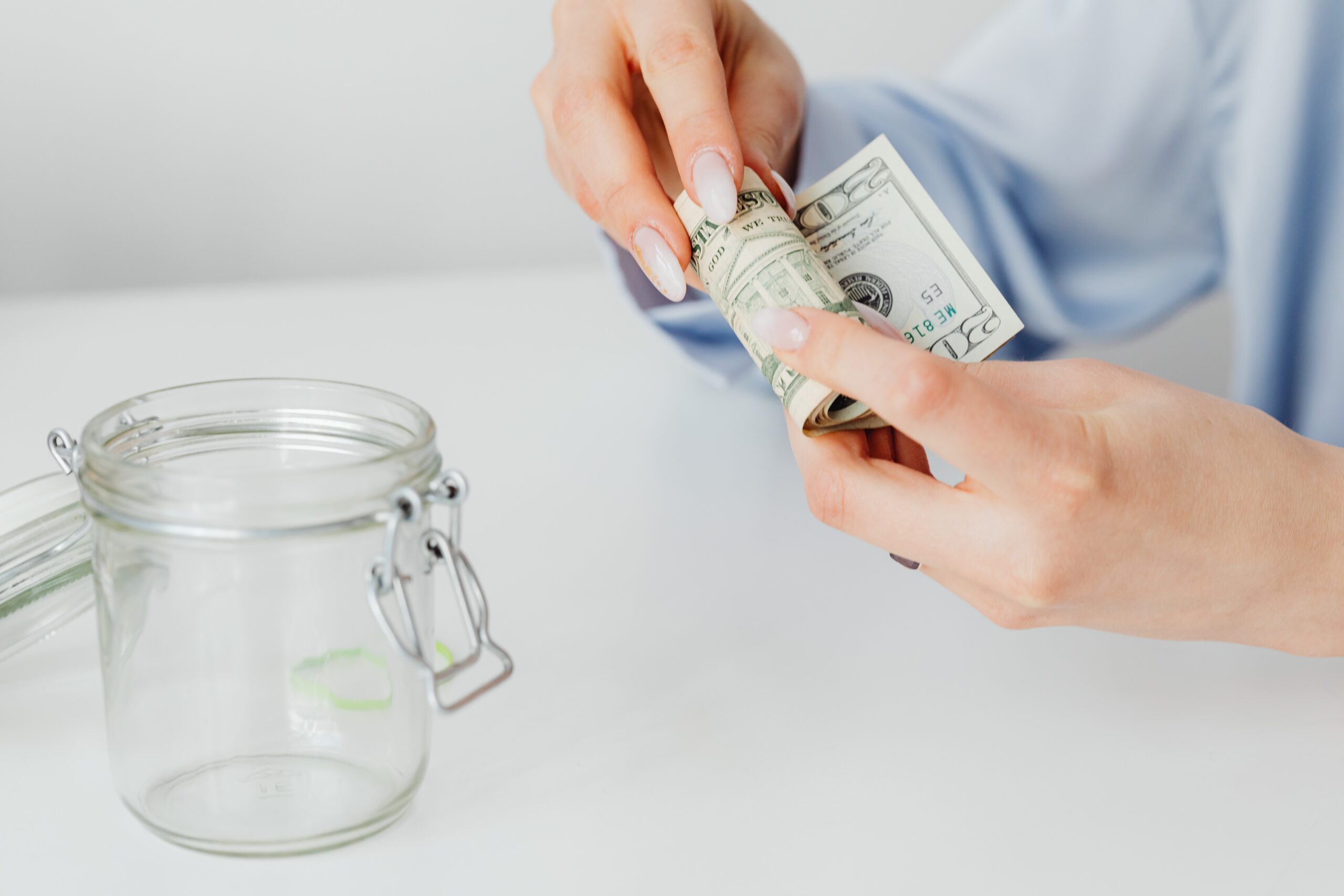Did you know that over 50% of Americans would struggle to pay an unexpected/emergency expense of $1,000? As the US economy quickly approaches a recession with 40-year high inflation and costs soaring for the average family, the need to have an emergency savings couldn’t be more critical. It’s no secret that people are paying more for nearly everything, and it’s hitting the hardest at the pump as we hit record-high prices just a month ago. As prices at the pump have eased slightly, don’t take that as a sign of things getting better. As we learned on Wednesday, inflation hit 9.1%, the highest in almost 40 years, and increased costs are here to stay. Families must brace for continuing high costs, likely for the rest of the year.
What is it?
So, what is an emergency fund? An emergency fund is money set aside for an emergency or an unplanned expense you weren’t planning for. I promise you, at some point, you will experience an unexpected expense, and it’s not a matter of if but when. It could be your home air conditioner goes out in the middle of the summer, an unplanned medical expense or your alternator goes out in your car that you need to get to work. These are issues that need attention immediately but weren’t planned for; this is where your emergency fund comes in. Your emergency fund is money specifically for unplanned experiences. These funds should be liquid, such as a separate checking account, savings account, or even a money market account. Ideally, these funds are separated from your general banking accounts and should never be touched except for emergencies. Keeping these funds separate prevents you from co-mingling money that can be spent on daily expenses and ultimately protects your emergency fund from accidental use.
Ideally, you want to reach an emergency fund total that would cover your expenses for three to six months. This would allow you to maintain your lifestyle for yourself and your family if you lost your job and needed to find one. Of course, it takes time to build up that amount, but you must do so. As I mentioned already, an unplanned expense will happen at some point. You may say, “I currently live paycheck to paycheck; how can I save six months of expenses?”. I would tell you it’s built gradually. Every situation is different, but maybe you’re setting $10 or $50 aside each paycheck, and, over time, it builds up. The goal is that when that emergency happens, you have money to cover the cost.
With inflation hitting a record high, interest rates on your credit cards will only increase. We already see the effects of the Federal Reserve through their 0.75% rate hike, which translates to a higher cost to borrow money. With the recent data showing inflation is rising, you can expect another rate hike coming by the end of the summer. You need to know that carrying a credit card balance will cost you even more than a year ago. This highlights the importance of having an emergency fund so you’re not caught off-guard when your car requires unplanned maintenance or your roof has a leak.
Moreover, as I’ve discussed on my blog, budgeting is crucial. If you’re starting on your own, or maybe you’ve just identified you need an emergency fund, now is the time to budget for it. Preferably, you can set up an automatic draft from your checking account to a separate account to start building that emergency fund. Setting up automatic transfers can be a massive help as many people are not disciplined enough to transfer funds every month manually, and they keep putting it off month after month. Then they end up spending that money.
Debt Vulnerability
Remember that replacing your transmission could cost nearly $5,000, or a roof leak could cost you $1,500, depending on the damage’s severity. These are not expenses you want to be caught off guard and forced to put on your credit card. Even worse would be taking out a short-term loan at an extremely high-interest rate. Be smart and disciplined by starting to save a little each month, building up that emergency fund. No one reaches a six-month fund overnight as it takes time. There are no shortcuts to financial success. Achieving financial freedom is a long-term game, but the rewards for your discipline are worth it.
To reach goals, you need to reduce your overall debt and avoid taking out new debt whenever possible. An unplanned experience is one of the easiest ways to have a financial setback, especially when nearly anyone over 18 can obtain a credit card. You want to avoid the situation where you find yourself putting an emergency expense on your credit card knowing you can’t pay that card off at the end of the month. Some advisors will tell you that you should get rid of all your credit cards, but I can’t entirely agree with that; what is a dealbreaker is you must avoid carrying over a balance at all costs. Credit card rates are historically outrageous, and you could spend a lifetime paying off just a few thousand dollars if you’re only paying the minimum payment.
Peace of Mind
Achieving a three-to-six-month emergency fund will give you the financial peace of mind to live your life and pursue the things vital to you. Additionally, an emergency fund gives you the flexibility to make adjustments in your life and career that aren’t based solely on making the most money. If you end up hating your job after a few years and have a six-month emergency fund, you can probably afford to quit and pursue a new career. Additionally, this year we’ve seen multiple companies lay off employees as costs rise, and sadly the economy is trending negatively. With an emergency fund, a layoff isn’t as damaging and allows you to maintain your lifestyle and expenses. Moreover, it protects you and your family during a time of transition or unplanned events.

